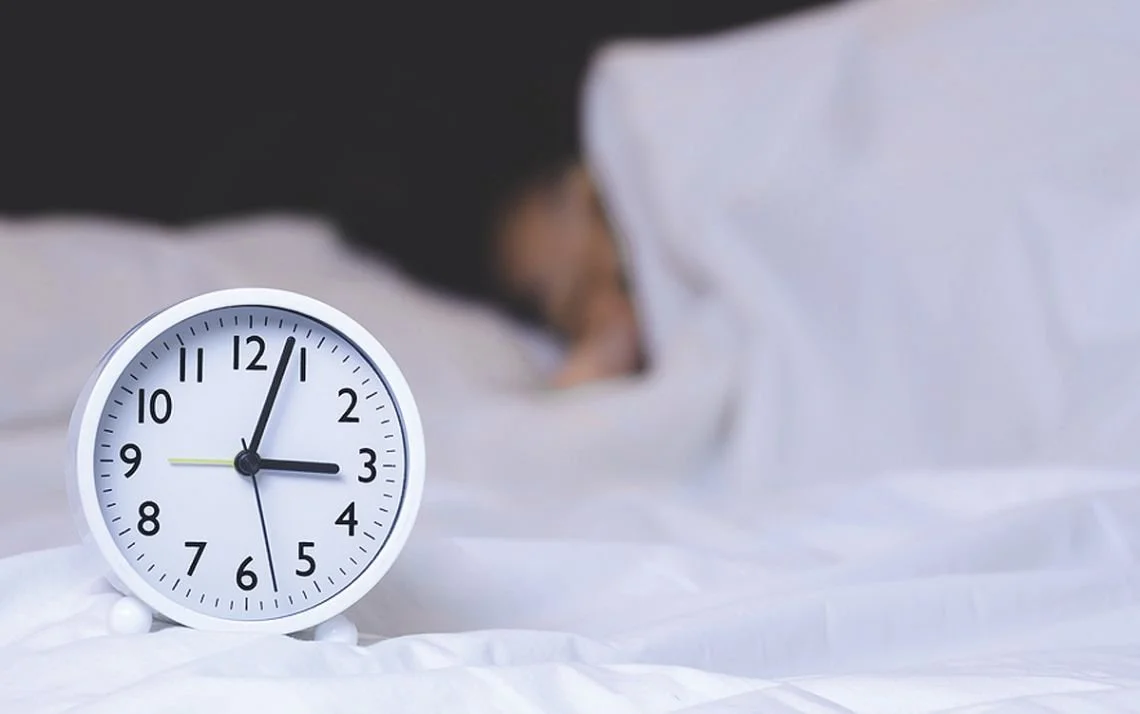Top 10 Ways to Improve Sleep
Sleep is something that everybody needs, but continues to be a struggle for many people. Whether your busy schedule is getting in the way, or you have trouble falling asleep and find yourself lying awake at night, many adults do not get the recommended minimum of 7 hours of sleep. There are several factors that go into determining one’s quality of sleep, such as diet, stress, how much you exercise, and overall lifestyle in general. Here are the top 10 ways to improve sleep:
Exercise regularly -
Aerobic exercise in particular has been found to help increase the amount of “deep sleep” you get, thus improving the quality of sleep you get as well. Exercise also helps to improve moods and relax the mind, making it easier to fall asleep and stay asleep! Only about 30 minutes of moderate aerobic exercise is needed each day to start seeing improvements.
Maintaining a steady sleep schedule -
Staying consistent, going to bed around the same time each night, and waking up at the same time will help to put your body in a routine. This will allow you to naturally want to go to bed and help you get around the same hours of sleep per night, leaving you more refreshed in the morning!
Limit technology before bed -
One easy way to ensure this happens is to leave your phone and computer in another room. This helps to eliminate distractions and your exposure to blue light, which has been found to suppress the effects of melatonin - a hormone that helps you sleep).
Avoid alcohol, and larger meals before bed -
Alcohol has been found to reduce REM sleep, and affect your ability to stay asleep. Large meals also disrupt sleep quality, especially when the meal has high quantities of fat and carbohydrates. By avoiding eating and drinking alcohol before bed, it will be easier to fall asleep.
Make your room a dark and quiet environment -
Darkness helps promote sleep, so by shutting the curtains and turning the lights off before bed, it will help increase feelings of tiredness and help you fall asleep earlier. If street lamps are making it difficult to get your room dark enough, try using heavier and thicker curtains that have the ability to block out more light.
Consume more sleep-promoting foods -
Foods such as turkey, chicken, sunflower seeds, and pumpkin seeds contain an essential amino acid called tryptophan and a hormone called serotonin. Tryptophan and serotonin are crucial for producing melatonin.
Limit caffeine consumption -
Caffeine helps people stay alert and awake, which is typically why it is consumed in the morning. It does so by blocking adenosine receptors, which are also known as “sleep-promoting receptors”, so foods like coffee and even dark chocolate should be avoided prior to going to bed, helping to rest the mind.
Limit or cut out all tobacco products if you are a smoker -
Similar to alcohol, the nicotine content in tobacco products reduces REM sleep. So, by refraining from using tobacco and nicotine products, you will be able to sleep easier.
Try to avoid napping during the day -
While naps are helpful to catch up on missed sleep, they make it more difficult to fall asleep later in the day because they make you less tired. This is why 20 minute “power naps” are recommended over longer naps, so your sleep later in the day is not hindered.
Read before bed -
Reading before bed (especially when done in place of technology use) helps to decompress and de-stimulate the mind, helping to improve sleep quality.
Implementing some of these tips into your daily routine will help improve the quality and quantity of your sleep. Having good sleep habits benefits physical and mental health greatly, so it is important to make it a priority!
Some questions to consider:
When you get a good night's sleep, how does that impact your day for the better?
Are there any strategies on this list that you want to improve on?


